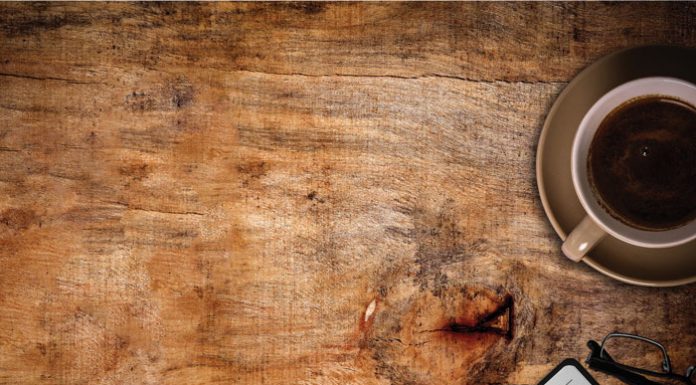It’s hard to pinpoint exactly what went wrong, because so much went wrong so fast. It seemed that one minute our son was excelling in school, laughing and joking at home, and the next minute he was on the street. The hairpin turn Meir’s life took had me and my husband poised at the edge of the cliff right along with him, trying desperately to hold onto our troubled boy with both hands for fear that one more teetering step would lead to mortal disaster. But only Meir could make the decision to head back to safe ground, and he didn’t even seem to care.
There was nothing we didn’t do; no stone was left unturned. As soon as we had recovered from the shock of Meir’s new reality, my husband Dov and I launched headfirst into Operation Save Our Son. We began to trudge the painful circuit of therapists, rabbanim, and “at-risk” organizations, begging them to help in whatever way they could. We received brachos from gedolim for Meir’s safe return to joy and stability. We davened to Hashem non-stop, asking Him to grace us with a miracle. We set him up with a mentor, with a job, with an extreme overnight camp experience. In our gossamer fantasies, we imagined our Meir, that once-cherubic baby and lively, happy youngster, snapping out of his funk and rejoining society. But instead, he slipped further and further away.
Everyone around us had an opinion, and they were very eager to share, but rather than being offended, Dov and I jumped at whatever advice we could get. We tried the tough-love approach, which failed miserably. We tried rewards—anything from a trip to a new car, if you can believe it! But that, too, was not enough to motivate Meir to change. Eventually, he even refused to go to “the shrink,” as he disparagingly referred to the wonderful therapist he was seeing.
“What do we do now?” I wailed after informing Dr. Mullin that Meir would not be coming any more.
“Now you wait until Meir feels horrible enough that he’s willing to finally help himself,” he said sadly.
I don’t know of any words more awful than those. I cried myself to sleep that night, raging at the therapist who had spoken the bald truth.
Aside from the agony of watching Meir deteriorate emotionally and spiritually, we suffered the pain of seeing his brothers and sisters try to make sense of the pandemonium around them. How devastating to watch their brother undergo such a drastic change! Meir’s furious outbursts sent them scrambling for safety in their rooms or at friends’ houses; they cowered in his presence. It didn’t help that Meir had acquired a taste for punkish, frightening clothing and accessories. My five-year-old whispered to me one night that she had nightmares that Meir was going to come and hurt her. Even as I held her tight and tried to kiss away her worries, I had to bottle up my own fears that her nightmares weren’t entirely unsubstantiated.





















